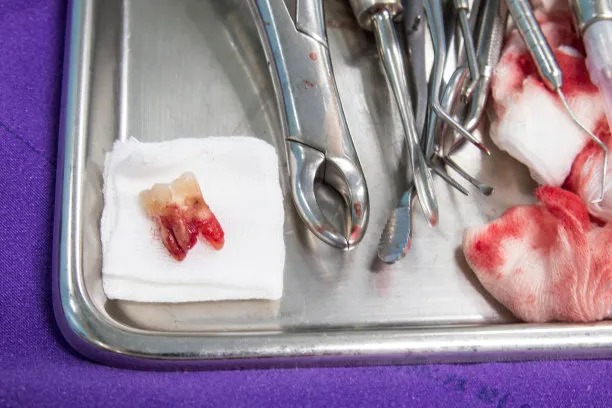Essential Precautions to Consider Before and After Undergoing Dental Filling Treatment for Optimal Oral Health
Summary: This article explores essential precautions that individuals should consider before and after dental filling treatment to ensure optimal oral health. It emphasizes the importance of understanding the procedure, maintaining communication with the dental care provider, following aftercare instructions, and adopting a proactive oral hygiene routine. By adhering to these guidelines, patients can enhance the effectiveness of their treatment, promote healing, and prevent future dental issues.
1. Understanding Dental Filling Treatment Procedures

Before undergoing dental filling treatment, it is crucial for patients to have a clear understanding of the procedure. Researching the types of filling materials available, such as amalgam, composite resin, and ceramic, can help patients make informed decisions about the best option for their needs. Each material has its advantages and disadvantages, impacting cost, durability, and aesthetics.
Additionally, it is essential to discuss any concerns with your dentist prior to the procedure. Clear communication can alleviate anxiety and allow the dentist to tailor the treatment to accommodate any special requirements or preferences. This dialogue should include the purpose of the filling, anticipated recovery time, and any potential risks involved.
Finally, educate yourself about what to expect during the treatment process itself. Knowing that the procedure often involves local anesthesia to minimize discomfort can help set appropriate expectations and prepare you mentally for what lies ahead.
2. Maintaining Communication with Your Dental Provider
One of the most critical aspects of dental filling treatment is maintaining open lines of communication with your dentist. Before the procedure, be sure to discuss your medical history and any medications you are currently taking. This information is vital in determining the suitability of specific filling materials and anesthetics.
After the procedure, continue the communication by reporting any unusual symptoms or discomfort. Promptly addressing any issues can prevent complications, such as infection or an allergic reaction to the filling material. Your dentist will be in the best position to diagnose and address any concerns you may have following the treatment.
Moreover, dont hesitate to ask your dentist about the importance of follow-up appointments. Regular check-ups are essential for monitoring the condition of the filling and surrounding teeth, ensuring long-lasting oral health. Clear communication fosters a partnership that can significantly improve treatment outcomes.
3. Adhering to Aftercare Instructions
After receiving a dental filling, adhering to aftercare instructions is vital for optimal healing and long-term oral health. Usually, dentists advise patients to avoid eating or drinking for a specified period after the procedure to allow the filling to set properly. Ignoring this advice may lead to displacement or damage of the filling.
Pain or sensitivity is common immediately following the procedure, so managing discomfort is essential. Over-the-counter pain relievers, as recommended by your dentist, can help alleviate this discomfort. Its essential, however, to avoid certain foods, like overly hard or sticky substances, that could compromise the integrity of the filling.
Finally, implementing a consistent oral hygiene routine is crucial after dental fillings. Gently brushing and flossing the treated area promotes healing and reduces the risk of future cavities. Your dentist can provide tailored recommendations for products or techniques to ensure your oral hygiene regimen is effective post-treatment.
4. Proactive Oral Hygiene for Future Prevention
Following dental filling treatment, maintaining a proactive oral hygiene routine is essential for preserving oral health. Using fluoride toothpaste can help strengthen enamel and protect against cavities. Additionally, incorporating mouthwash can assist in reducing plaque and bacteria levels in the mouth.
Regular dental visits play a crucial role in preventative care. Scheduling biannual check-ups allows for professional cleanings and early detection of potential dental problems. Your dentist can evaluate the state of your fillings and offer guidance on maintaining overall oral health.
Lastly, incorporating a balanced diet rich in vitamins and minerals will also support dental health. Foods high in calcium can strengthen teeth, while reducing sugary snacks minimizes the risk of future cavities. Investing in your oral hygiene will lead to lasting benefits beyond just the immediate treatment.
Summary: It is imperative for individuals to take the necessary precautions before and after dental fillings to ensure the best results and maintain oral health. Understanding the procedures, communicating effectively with dental professionals, following aftercare instructions methodically, and committing to a robust oral hygiene regimen are vital steps in this process. By prioritizing these precautions, patients can enhance their comfort and safety, leading to an overall positive experience.
This article is compiled by Vickong Dental and the content is for reference only.



